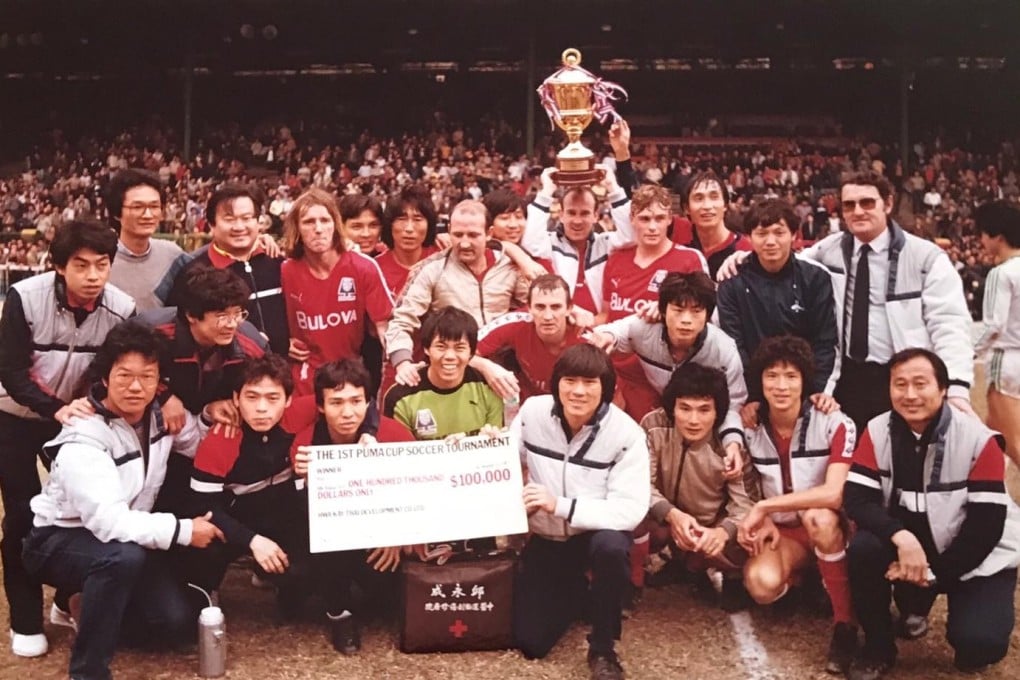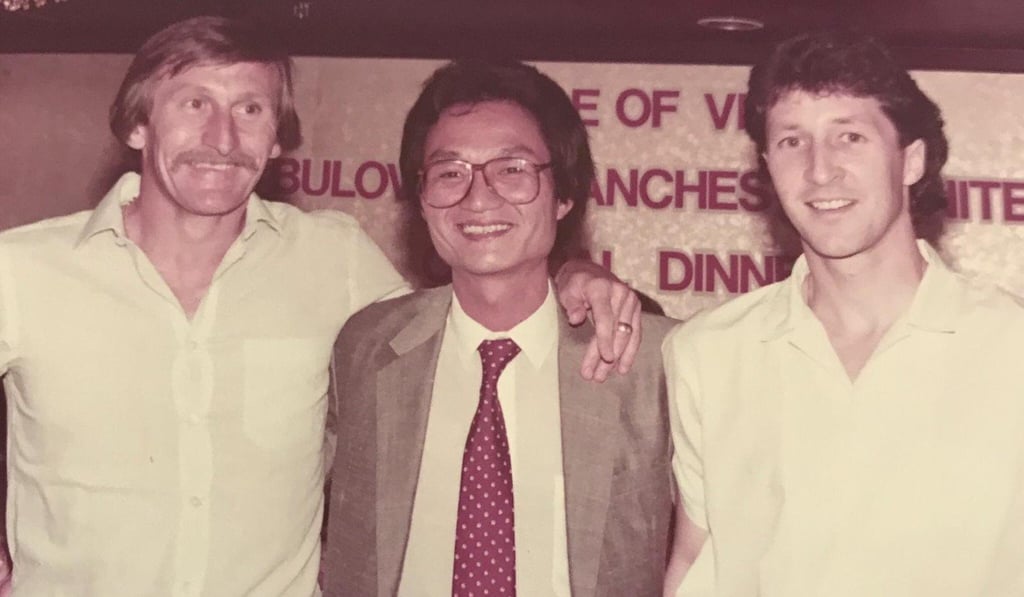Memories are made of this: former team manager Tony Tse cherishes magical days with Bulova in early 1980s – the golden years of Hong Kong football
- - After two empty-handed seasons, Bulova captured six titles in three years under Tse before club disbanded in 1984
- - Against the likes of Seiko, South China, Eastern, Happy Valley, Rangers and Sea Bee, Bulova’s brief but successful stint in Hong Kong football is still remembered by fans

After almost four decades, former Bulova manager Tony Tse still rates Tommy Hutchison the best foreign player he has ever signed.
“We won two trophies every season and it was done for three consecutive years when I was the team manager,” said Tse, who still cherishes his spell in charge from 1981 to 1984, when the club was withdrawn from the league. “We signed Hutchison in the second half of my first season, when the team had little hope in the league but were still in contention for the cup tournaments.
“People thought he was ready for retirement when he came to Hong Kong and despite his age, his work rate and his attitude towards the games and fellow players were second to none. His skills, his speed surprised a lot of people. He was just wonderful, lifting the whole team up and making a tremendous contribution to Bulova.”
Hutchison came to Hong Kong on loan from Manchester City at the age of 34 in early 1982, in a golden era for the sport in the city. The ex-Scottish international helped Bulova capture the FA Cup and the Viceroy Cup in his first few months in Hong Kong, and after he decided to extend his stay for another season, he helped the club add the same two pieces of silverware to the mantelpiece.

Such successful overseas signings have not always been the case.
Tse, now 69, remembers he terminated the contract of the tempestuous Charlie George three months after the former Arsenal and England international arrived for the 1981 season.